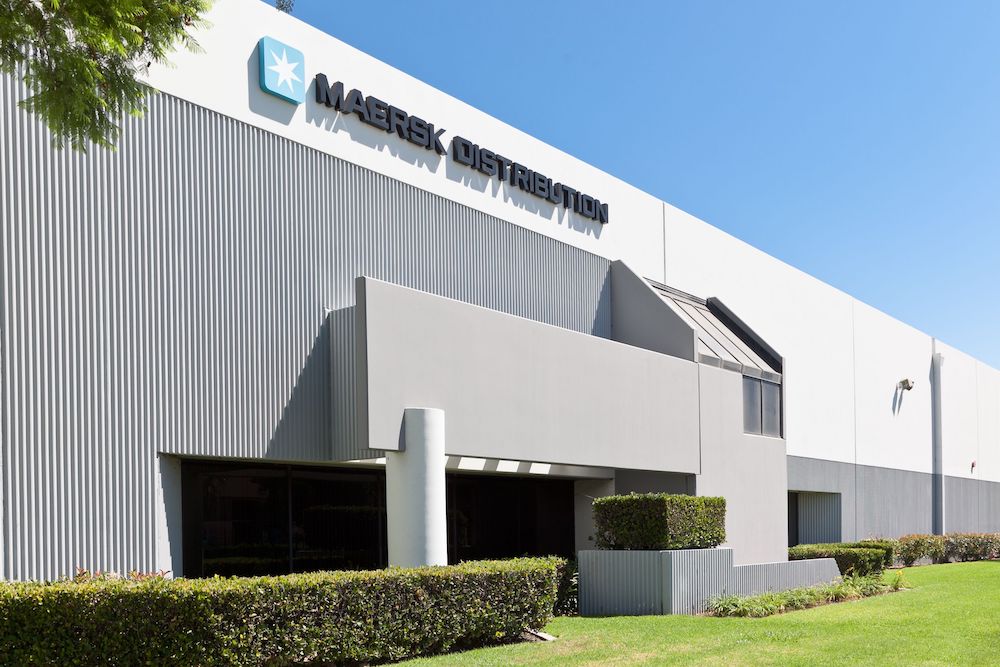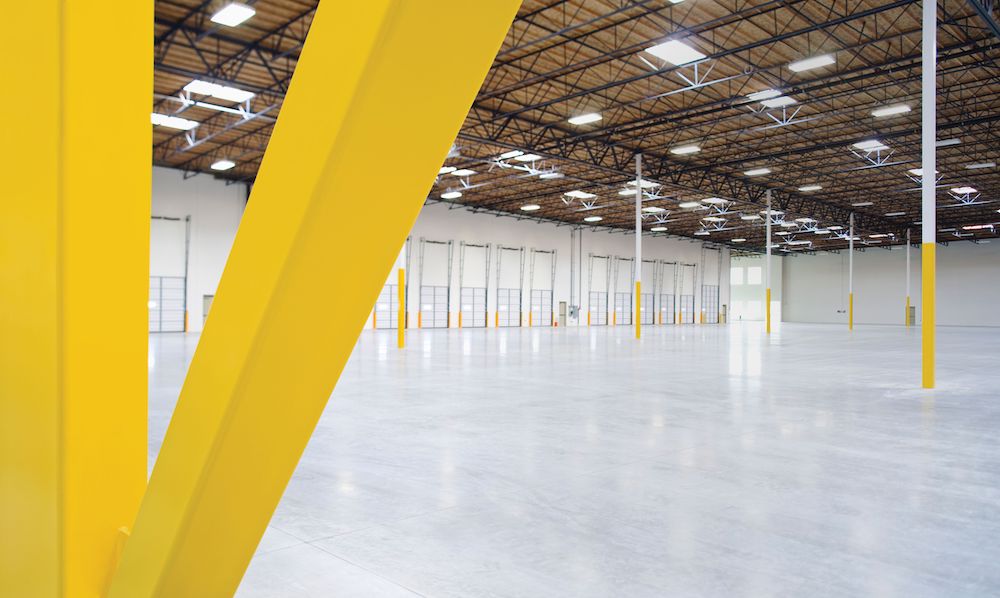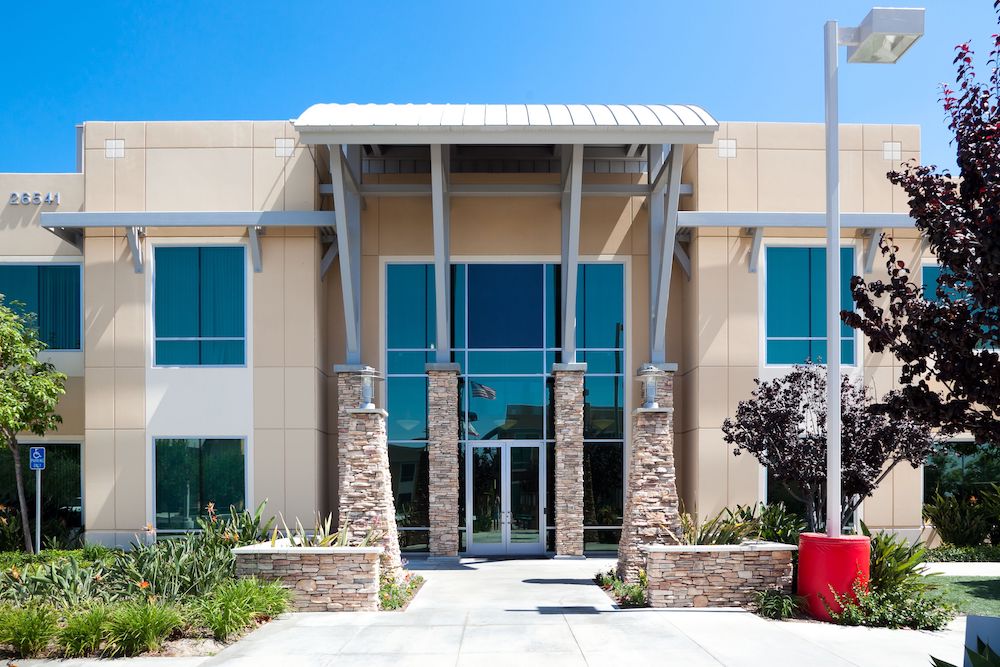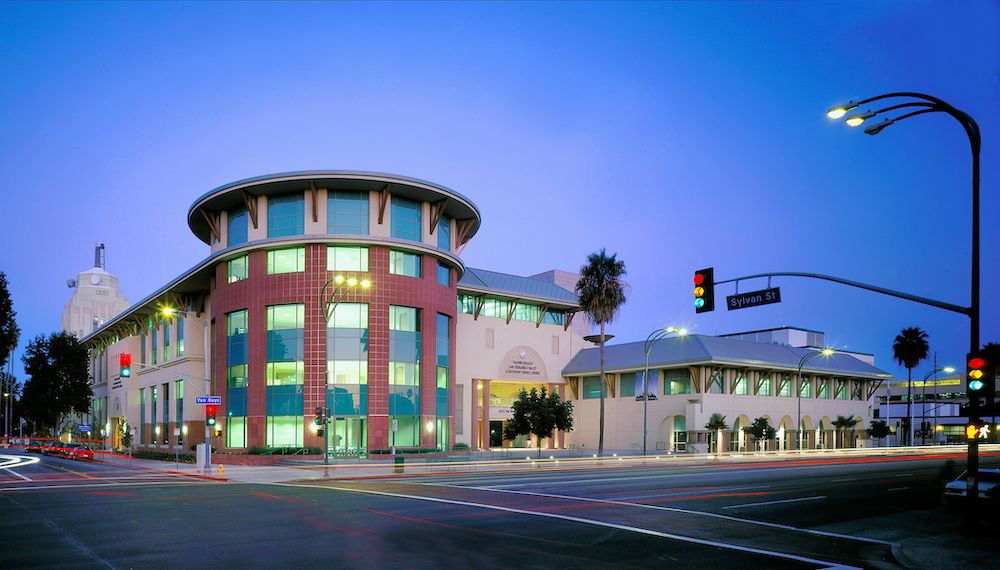As the old saying goes: no one ever lost money taking a profit, and these days there are some whopping profits on offer for anyone who owns industrial property in Southern California.
As we have been saying for quite some time, things are pretty crazy out there when it comes to pricing. If you own an industrial property, chances are it is worth much more than you ever dreamed possible and you have been reminded of that fact by any number of real estate brokers who have been ringing your phone of the proverbial hook.
Why then, in such a seller’s market, are so few industrial properties up for sale? Why are property owners so reluctant to cash in on the opportunity to realize a windfall profit with life-changing consequences? There is no one simple answer to either of those questions, but by far the biggest reason property owners refuse to become sellers is taxes. The very idea of paying hundreds of thousands or even millions of dollars in taxes is enough for most owners to forcefully reject the notion of selling.

There is no denying the fact that state and federal taxes due in the event of an outright sale amount to just over one-third of a seller’s gain. That’s a huge number and we can certainly understand why so many property owners refuse to go that route. Writing six or seven figure checks to the IRS and Franchise Tax Board is no one’s idea of a good time. However, there are two sides to every coin and there are many reasons why doing so could make perfect sense. It’s these kinds of conversations we are having more and more of every day as our national and local economies have come under the increasing stresses of inflation and higher interest rates that could precipitate a recession and/or real estate market correction.
Though every property owner’s situation is different, the bulk of owners are in essentially the same position. Their properties are worth a multiple of what they paid for them, even if they acquired them just a few years ago. Many owners acquired their assets in the 1990’s for well under $100 per square foot that are now worth in excess of $400 per square foot. When we run the numbers for them, they are shocked by what they’ll pay in taxes, but also by what they’ll keep after those taxes are paid. Those who purchased with low down payments are positioned to net 10 to 15 times their original capital investment after taxes. Yet they still reject outright the idea of selling because they can’t accept the idea of giving so much of their gain away to the tax man. So, they maintain ownership, keep their equity locked up in the building and at risk of erosion in the event of a correction.

So far, things have gone their way, as the market has been on a tear like no one has ever seen. But, all good things come to an end, and the market is showing signs of topping out. Demand from institutional buyers has softened, and higher mortgage rates are sending some would-be owner/users to the sidelines. The combination of high prices and higher interest rates just doesn’t work for some business owners, and they have adopted a wait-and-see approach to building ownership even though lease rates are also at an all-time high. Put another way, buyers are becoming more cautious and that means a slowdown in market velocity. Evidence we see of that is fewer property showings and reduced competition amongst buyers and tenants for available space.
We don’t yet know if the market will go into a significant correction, but that possibility has become a major topic of discussion in the commercial real estate industry. See our post Are You Covering the Brake? for more on this topic.

This we can say with certainty. If you sell your property now, you will make money—lots of it. Your profit will be enormous, but to get your hands on it, Uncle Sam will take his cut. If you can bring yourself to do it, you’ll end up with a new basis, reduced risk, a pile of well-earned cash and the opportunity to do whatever you want with it to improve the quality of your life. Our series When More is Just More has further thoughts on life after cashing out.
As always, we will keep you informed on market conditions, and we promise to give you the straight scoop. Right now, we advise anyone whose current strategy is to sell in the next few years, to do so now, as conditions have definitely shifted in the second quarter, and the chance of correction is now more likely. If you are thinking about acquiring property before mortgage rates move even higher, enter your new investment with a long-term hold strategy. This is not a time for speculation.


Leave a Reply
You must be logged in to post a comment.